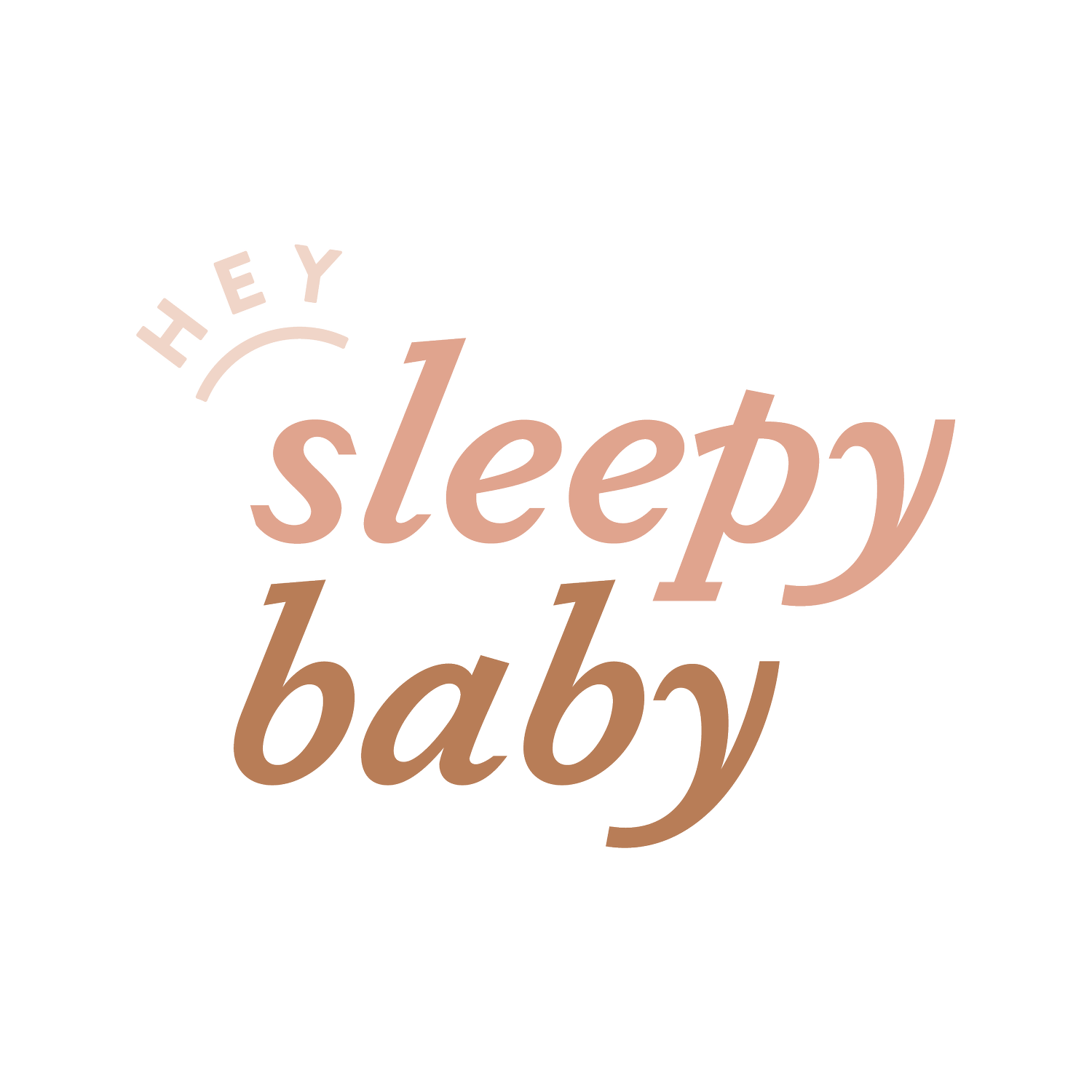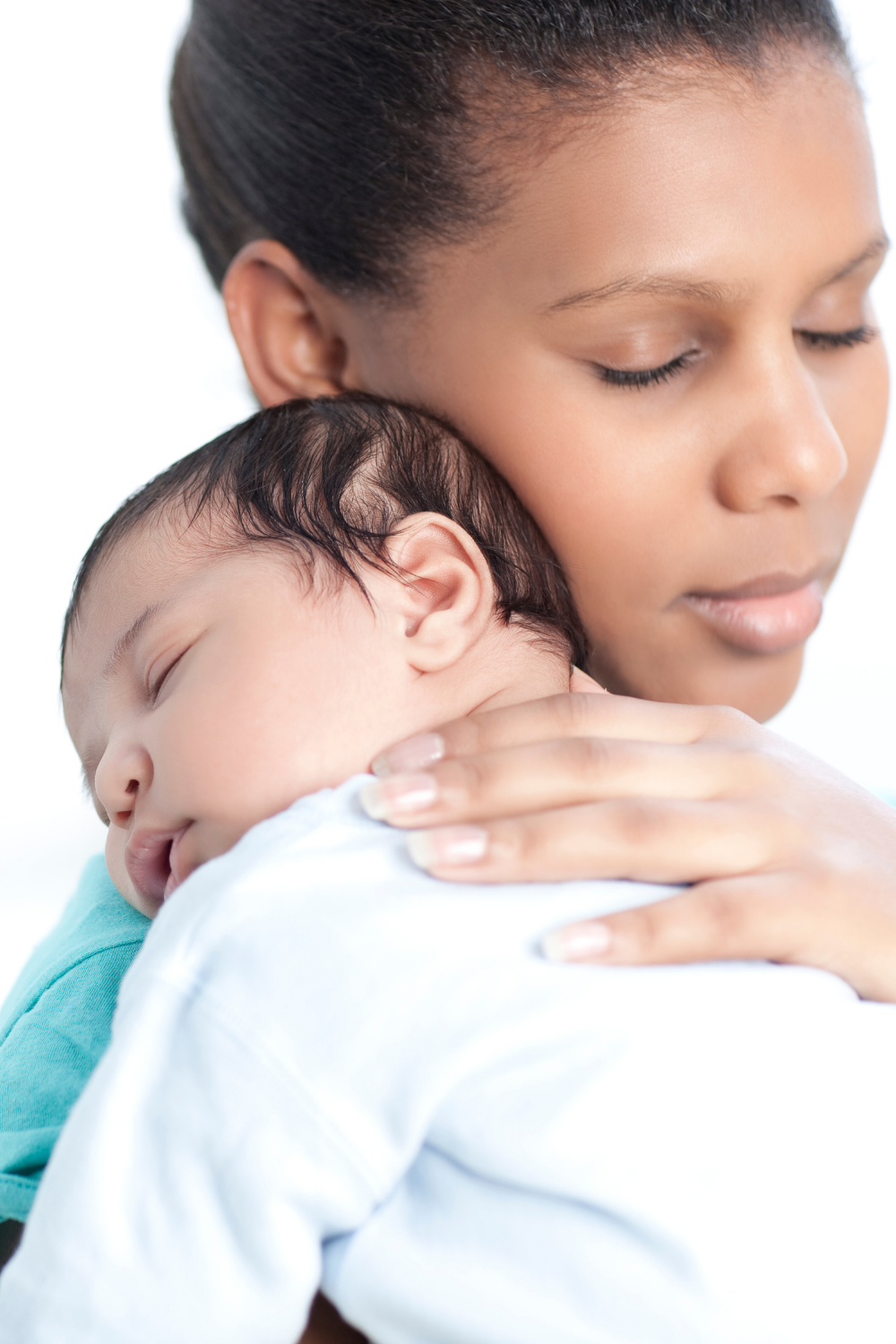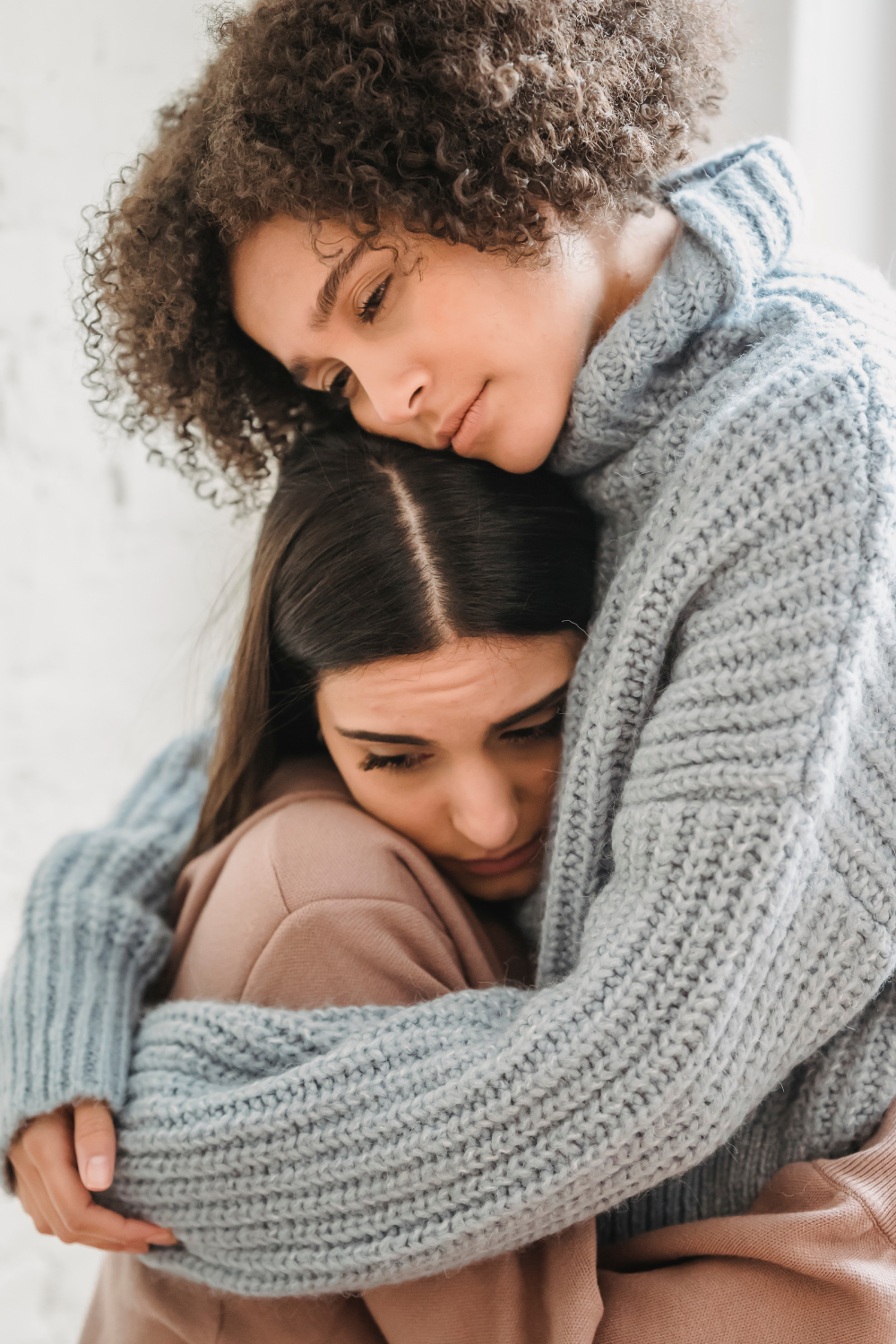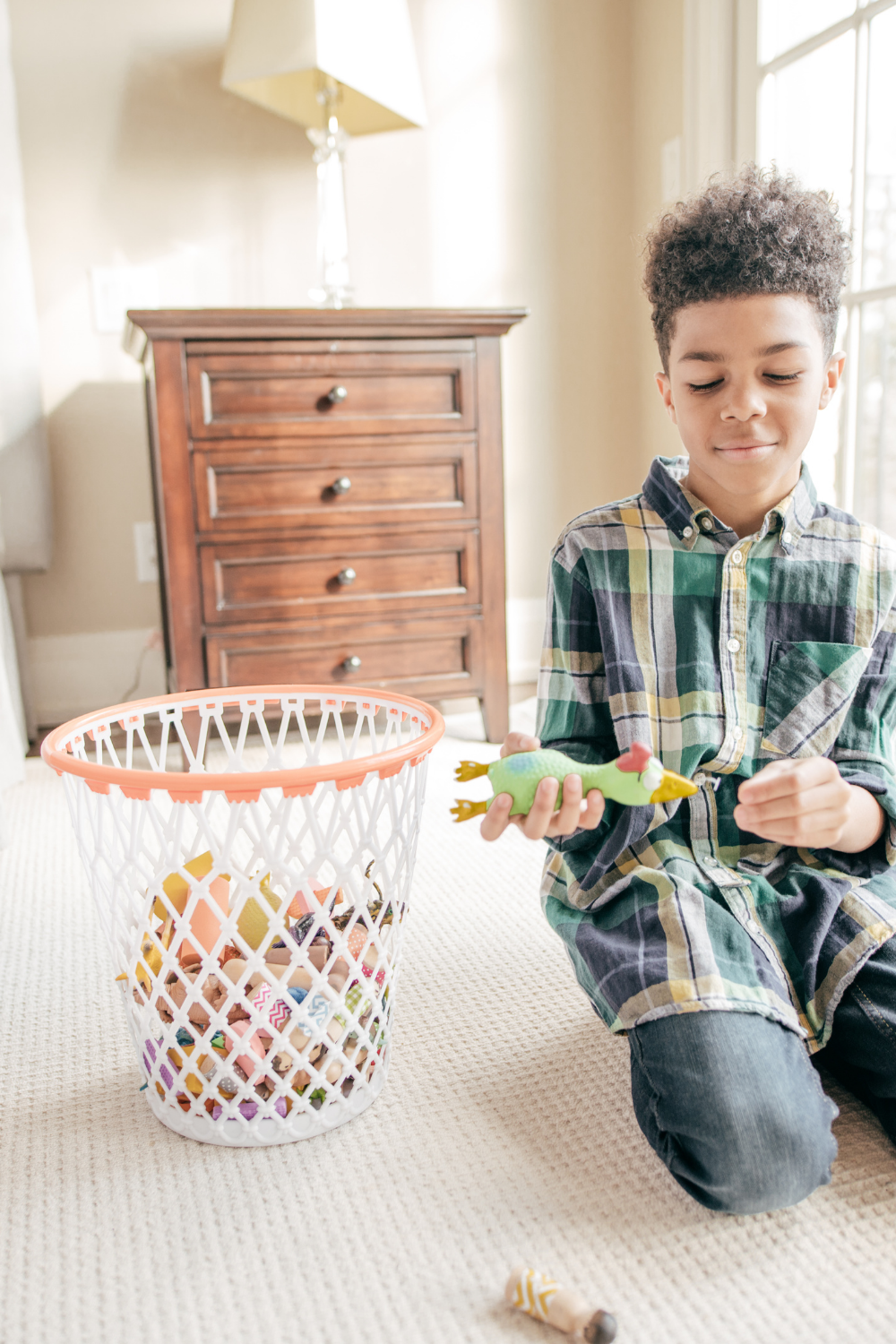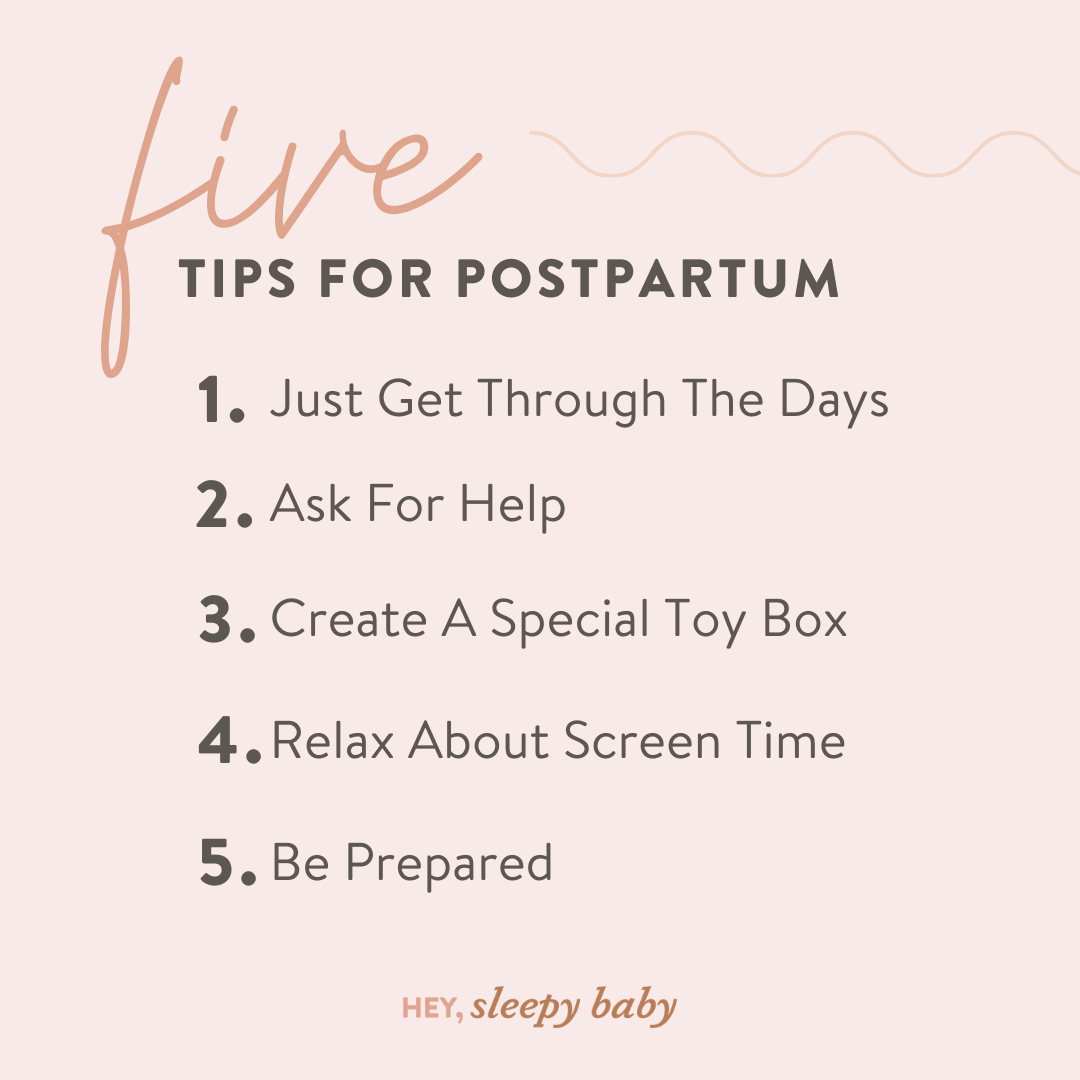Having Another Baby after Suffering with Postpartum Depression
in this post:
When I first discovered that I was pregnant with my son in 2017, I had a pretty clear idea of what I thought maternity leave would be like. I was fortunate to have a full year off work. I imagined that time would be spent going on lunch dates with other new moms, shopping while my baby slept peacefully in the pram and catching up with my husband once the baby was asleep in the bassinet.
If you’re already a parent, you probably won’t be surprised to read that the reality of having a baby was quite different. Being a first-time mom was much harder than I ever imagined. My husband went back to work after two weeks, leaving me to find my feet as a brand-new mom.
And honestly, most days I’d be counting down the hours until he’d be back. I struggled with breastfeeding, especially as my son had an undiagnosed tongue-tie until he was several weeks old. Sleep felt non-existent - we didn’t have a baby sleep schedule because there were many days where he just wouldn’t nap. At all. He woke up so many times overnight that we agreed my husband should move to the spare room so that I could safely bed-share with the baby.
I mentioned how I felt at my postpartum doctor’s appointment. The doctor suggested that I might have postpartum depression, but I brushed it to one side - I was ‘just’ exhausted and getting used to being a new mom. The same doctor also suggested that I should use sleep training methods like cry it out when my baby was just a few months old, so I wasn’t convinced he really knew what he was talking about.
What is Postpartum Depression (ppd)?
Postpartum depression (PPD) is a type of clinical depression linked to the behavioral, emotional and physical changes all people experience after giving birth. It usually develops within the first four weeks of your baby’s life. A lot happens in your body and mind after you have a baby, so with all those chemical, psychological and social changes, it’s hardly surprising that most new moms get a touch of the “baby blues,” also known as postpartum dysphoria.
What is Postpartum Dysphoria?
In western countries, between 26 to 85% of mothers who have recently given birth experience postpartum dysphoria, aka the “baby blues.” It usually starts during the first week or two after giving birth. Postpartum dysphoria disappears after a few days without medical intervention.
For some people, the feelings of sadness associated with postpartum dysphoria don’t disappear. Around 10% of new moms go on to develop PPD. And dads can be affected too - about 10% of new dads experience depression before their baby’s first birthday.
If you experience feelings such as sadness, guilt or hopelessness that last longer than two weeks postpartum, it’s always best to seek support from your doctor. Other signs of PPD might include a loss of interest in things you normally enjoy, difficulty making decisions, insomnia and thoughts of suicide or self-harm.
How Long Does Postpartum Depression Last?
If PPD is left untreated, it can hang around for months or even years. That’s why it’s so important to seek support so that you can access a treatment that suits you. This might be counselling, group therapy, or medication.
Asking for Help with PPD
During my first six months of motherhood, I didn’t think I would want to have any more children. I wasn’t getting out of the house much - I felt anxious that my baby would cry the whole time. When we did go out, my anxiety was fueled by seeing all the other moms with their babies sound asleep in their prams. All I could think was that I must be doing something wrong. My son was still waking every 30 minutes through the night. He refused to nap unless he was strapped into the sling, or I was holding him while bouncing on the birthing ball. I knew I was struggling, but I didn’t want to label my feelings or experience.
I knew I loved my baby. He was very much wanted and an absolute blessing. But that just made it harder to admit that I wasn’t feeling content with motherhood. I wondered if I deserved to be a mom at all. A conversation with a breastfeeding support worker at a drop-in clinic was my turning point. She helped me to position my baby to get a better latch. But she also listened to my tearful breakdown when I admitted that I wasn’t enjoying being a mom. She told me her own story of PPD and helped me to see that how I was feeling was really normal for many new moms. I realized there wasn’t a stigma attached to PPD. And I needed to do whatever I could to improve my situation and care for myself.
When I got home, I booked a doctor's appointment and asked what they would recommend for treating postpartum depression. I decided to try some anti-depressant medication, and for me, it worked fast - I stopped crying every day and felt more confident about going out and about. It was the right choice for me, but everyone is different.
By the time my son was two, I was still breastfeeding, but only at bedtime. He was mostly napping in his cot and sleeping through the night - two things I never thought would happen!
And honestly, once the sleep side of things improved, I came around to the idea of having a second baby much more. I came off of the antidepressants when my son was about two years old and began to feel much more like my old self. But that didn’t mean I wasn’t worried about how I might cope as a mother of two!
Adjusting to Life with a Newborn and an Older Child
Happily, my second pregnancy was confirmed in December 2019 - just before the global pandemic hit in March 2020. Not exactly great timing, but the work from home order was a blessing in disguise for us. Without his usual commute, my husband was around much more for those all-important morning and night-time routines. Our daughter was born in July 2020, so there’s a gap of just under three years between our children.
Just a few days after I gave birth, I started feeling anxious again. How on earth was I going to manage the needs of two young children? We were in the middle of potty-training our son and he was still sleeping in a cot. There seemed to be a lot of hurdles in our way and I was feeling overwhelmed. I also felt guilty for being unable to spend as much time with our son.
After my husband went back to work, I called the doctor again and asked to go back on the antidepressants. I wasn’t really enjoying my new baby and I was spending every day worrying about the future. I recognized the feelings this time and knew that I needed to ask for help early on. The medication helped me, but that’s not to say it’s the right path for everybody.
Fast forward to January 2022 - our son is now 4 and a half and our daughter is 18 months. It hasn’t exactly been an easy ride, but things started to get slightly easier around the six-month mark. Seeing the relationship between our children grow is a blessing, even if they fight sometimes!
In hindsight, there are a few things that stand out for me when it comes to adjusting to life with an older child and a newborn. Here are some tips on how to make life easier during the first few weeks and months.
ONE: Just Get Through The Days
Honestly, the most important thing to focus on is getting through the days. Think of it as switching into survival mode. As long as everyone in your home is fed, clean and loved, that's all that really matters during those first few weeks.
Lower your expectations, especially when it comes to cooking and cleaning. Do the basics around the house and stock up on easy meals to put in the oven or microwave. Schedule a weekly (or more frequent!) takeout if you can afford it. And if someone offers to cook something for you, say yes!
TWO: Ask For Help
Let’s say that again - ask for help. Whether it’s from friends, family members or neighbors, there is no shame in asking for support. Just be clear on exactly what you need. Perhaps you want them to occupy your eldest. If that’s what you need, ask them to take your oldest child to the play park so that you can feed and nap with your baby. If you want to spend time connecting with your eldest, ask your ‘helper’ to take on the baby duties instead. If they offer to cook, clean, or run errands for you, don’t be too proud to say yes. You’ll be able to repay the favor once things are more settled in your own world.
THREE: Create A Special Toy Box
Set up a special basket or box of toys, books, or activities for your older child. Put this away and only bring it out at specific times, for example when you’re feeding the baby, contact napping or changing nappies. For younger kids, choose simple activities like mess-free coloring, water magic books or stickers - these are super easy to join in with when you only have one spare hand! Cuddling up to read a book is a lovely way to connect with your eldest, and it’s easy to do while feeding or holding the baby.
FOUR: Relax About Screen Time
All families are different, but in our home, we only really put the TV on when we want to actively watch something. If we just want background noise, we listen to music, the radio, or a podcast. But when you’re adjusting to life with an older child and a newborn, there really is no need to stress about screen time.
If allowing your older child to have some screen time means you can get something done or have a short break, switch on that TV or tablet, guilt-free! If you’re worried, you can always choose a program to enjoy together - nature documentaries are a great way to connect with your child by chatting as you watch. Otherwise, try an educational game you can play together on the tablet. After having my second, I found having a particular time of day scheduled for watching TV helped to break up the day - and it gave me some respite too.
FIVE: Be Prepared
Keep a well-stocked changing bag by the door. I found this helpful after having our second baby. Knowing the bag was packed and ready to go made it much easier to leave the house. And unlike the first-time around, I didn’t really have a choice about going out. My son wanted to go to the library, shops, or play park, so we’d go out every day at some point. It helped to keep us all sane, so I just made sure I restocked the bag every evening so that I was all set for the next day.
How long does it take to mentally recover after having a baby? Well, the answer is different for everyone. If you’re still feeling low after two weeks postpartum, don’t suffer in silence. Tell somebody how you’re feeling, whether that’s a friend, partner, midwife, doctor, or organization like Postpartum Support International.
Were these tips helpful? Save this post for later!

